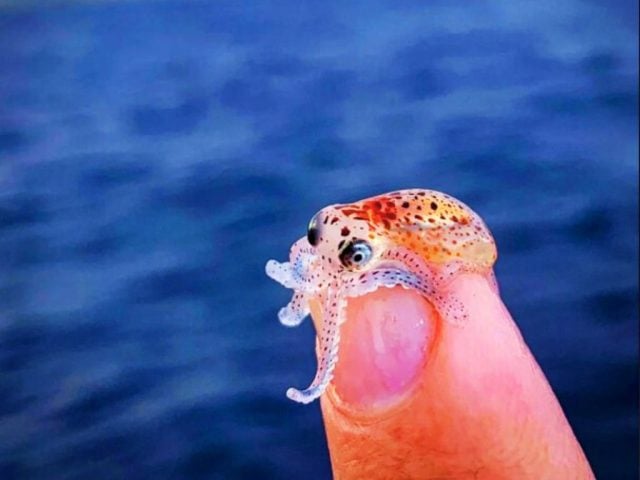Original article: Hacia mares sin crueldad en Chile: proyecto de ley prohíbe granjas de pulpos
This Tuesday, a bill was presented in Congress that prohibits the establishment and operation of octopus farms in the country. The motion was endorsed by Ana María Gazmuri, Gael Yeomans, Diego Ibáñez, María Candelaria Acevedo, María Francisca Bello, Emilia Schneider, and Javiera Morales. The objective is to preempt the growth of an industry that, according to scientific literature and international experience, is cruel, unsustainable, and highly polluting.
Back in August, we warned that 160 organizations called for a halt to funding for research on breeding these animals due to the ethical and environmental risks associated with their production.
Octopus Farm Ban in Chile: Scientific Rationale
A review of over 300 studies conducted by the London School of Economics (2021) concluded that octopuses have a complex nervous system and are capable of experiencing pain and emotions, memorizing, reasoning, and learning. Evidence from intensive farming systems also shows extremely high mortality rates: over 96% in the larval stage and more than 50% in juveniles and adults. Additionally, confinement stress triggers cannibalistic behaviors, clearly indicating seriously compromised animal welfare.
Environmental Impacts of Octopus Farms in Chile
Intensive farms require large volumes of fishmeal and fish oil, putting pressure on other fisheries and marine biodiversity. The nitrogen and phosphorus-rich waste disrupts coastal ecosystems, promotes harmful algal blooms, and deteriorates critical habitats. Thus, there is not only animal suffering but also environmental externalities that coastal ecosystems and communities ultimately bear.
Voices from Congress and Civil Society
“Our country cannot repeat the mistakes of production models that have proven to be cruel and unsustainable. With this bill, we aim to ensure that Chile leads in the protection of animals and the environment by explicitly prohibiting the establishment and operation of octopus farms,” stated Deputy Ana María Gazmuri.
Simultaneously, over 160 organizations submitted a letter to ANID in August, demanding an end to public funding for octopus farming research.
“Octopus farms are a failed, cruel, and polluting model. Rather than funding projects that generate animal suffering and environmental degradation, Chile should invest in sustainable and ethical food systems,” said Mayra Cabezas, legislative coordinator of the Animal Rights and Defense Foundation, which launched the campaign “Save the Octopuses”.
Global Trend: A Move Towards Similar Bans
In 2024, both California and Washington (USA) banned these practices, and similar legislative initiatives are underway in North Carolina, Connecticut, Hawaii, Massachusetts, New Jersey, New York, and Oregon. If the motion succeeds, Chile would become a pioneer in Latin America, aligning its standards with the best international practices in animal welfare and ocean protection.
What Changes if the Law is Approved
- Explicit ban on the installation and operation of octopus farms.
- Clear regulatory signal to the productive sector: there will be no incentives or public funding for an intrinsically cruel and polluting model.
- Coherence with environmental commitments and the public demand for sustainable and ethical food systems.
What’s Next
The initiative now begins its legislative process in committees. With strong evidence and organizational support, the debate will raise two simple questions: Do we want healthy seas? and Do we accept production models that depend on animal suffering? If the answer is yes to the first and no to the second, the ban on octopus farms in Chile will be a logical and anticipated step.
Review the Bill
BILL TO AMEND THE GENERAL FISHING AND AQUACULTURE LAW TO PROHIBIT INTENSIVE OC… by lahuanche


